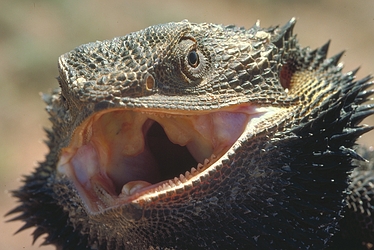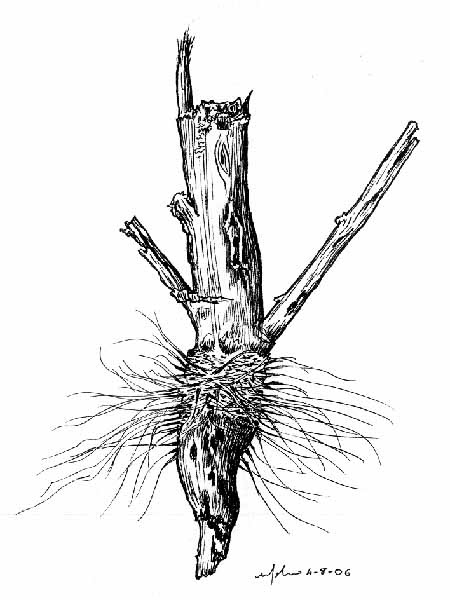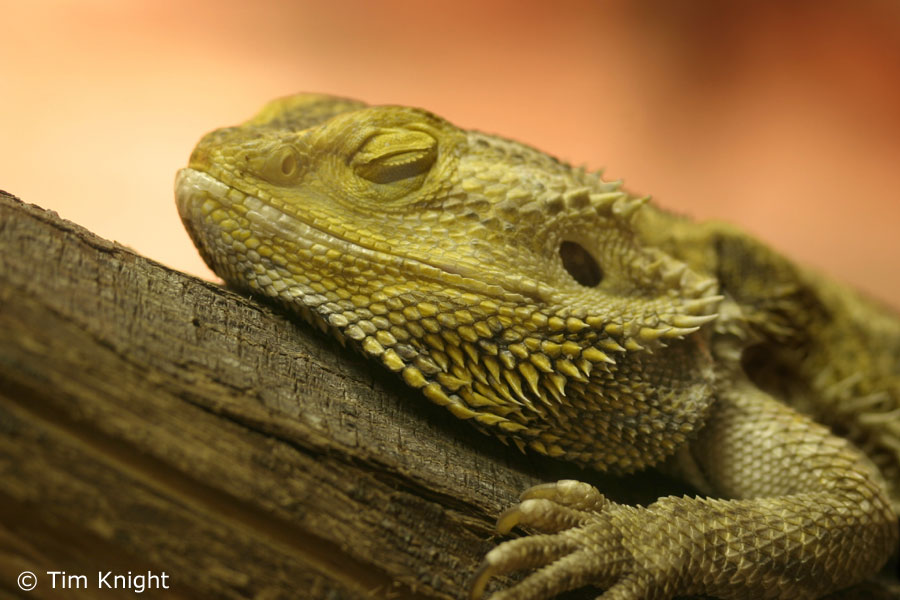Bearded Dragon Breathing Heavy and Opening Mouth: What It Means and What to Do About It
Introduction
As a new owner of a bearded dragon, you may be concerned if you see your pet breathing heavily and opening its mouth. While this behavior can be normal, it can also signal a health concern. In this blog post, we will discuss why bearded dragons breathe heavily and open their mouths, what it means for their health, and what you can do about it. By the end of this post, you will be able to identify if your bearded dragon has a health issue and know what steps to take to help it.
Why Bearded Dragons Breathe Heavily and Open Their Mouths
Bearded dragons are known for their characteristic mouth-breathing behavior. Unlike humans, who breathe primarily through their noses, bearded dragons often breathe through their mouths. This behavior is normal and helps bearded dragons regulate their body temperature. However, heavy breathing and constant mouth-opening can signal a health concern.
One of the most common reasons a bearded dragon might breathe heavily and open its mouth is because it is too hot. Bearded dragons are cold-blooded reptiles and need a heat source to regulate their body temperature. If the enclosure is too hot or if the heat source is too close to the bearded dragon, it may struggle to breathe. Similarly, if the enclosure is too cold, the bearded dragon may breathe rapidly in an attempt to generate heat.
Another reason why a bearded dragon may breathe heavily and open its mouth is because it is stressed. Bearded dragons can become stressed if they feel threatened, if they don’t have enough space or if they are experiencing a change in their environment. Stress can cause bearded dragons to breathe rapidly and make it difficult for them to regulate their body temperature.
A less common but more serious reason why a bearded dragon may breathe heavily and open its mouth is because it is experiencing a respiratory infection. Respiratory infections can be caused by bacteria, viruses or fungi and can progress rapidly if left untreated. If your bearded dragon has a respiratory infection, it may also show other symptoms such as lethargy, loss of appetite, and discharge from the nose or mouth.
What to Do if Your Bearded Dragon is Breathing Heavily and Opening Its Mouth
If you notice that your bearded dragon is breathing heavily and opening its mouth, the first step is to assess the temperature and environment of its enclosure. Make sure the enclosure is at the correct temperature range for your bearded dragon and that there is enough space for it to move around comfortably. If you suspect that your bearded dragon is stressed, try to identify the source of the stress and remove it if possible.
If you have ruled out environmental factors, it is important to take your bearded dragon to a reptile veterinarian as soon as possible. A veterinarian will be able to assess your bearded dragon’s health and determine if it has a respiratory infection. If a respiratory infection is diagnosed, your veterinarian may prescribe antibiotics or other medications to treat the infection. In some cases, hospitalization may be necessary.
Conclusion
In this blog post, we have discussed why bearded dragons breathe heavily and open their mouths, what it means for their health, and what you can do about it. If you notice that your bearded dragon is exhibiting this behavior, the first step is to assess its environment and eliminate any potential sources of stress. If the behavior persists or if you notice other symptoms such as lethargy or loss of appetite, it is important to take your bearded dragon to a reptile veterinarian as soon as possible. With proper care, your bearded dragon can live a long and healthy life.


.jpg)



